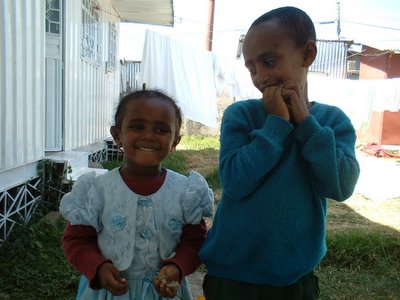By: Dalai Lama
Source: The Middle Way (text)
"I respect the world’s political leaders, but sometimes I think they should have more compassion. If even one of these political leaders cultivates more compassion, then millions of innocent people get more peace. "
The following are direct quotes from the text:
I often tell audiences that the twentieth century was a century of violence, and through that experience we now know that violence cannot solve problems. The only way to solve them is with peaceful resolution. Therefore, the twenty-first century should be the century of dialogue. For that, we need determination, patience, and a broader perspective. Again, this is where compassion has an important role. First, as I mentioned, it brings us self-confidence. Compassion brings us deep recognition of others’ rights. Compassion also gives us a calm mind, and with a calm mind, we can see reality more clearly. When our mind is dominated by afflictive emotions, we can’t see reality, and we make poor decisions. Compassion gives us a more holistic view.
I respect the world’s political leaders, but sometimes I think they should have more compassion. If even one of these political leaders cultivates more compassion, then millions of innocent people get more peace. Many years ago, at an official function in India, I met a politician from the Indian state of East Bengal. The meeting included a discussion of ethics and spirituality, and he said, “As a politician I don’t know much about those things.” He was probably just being humble, but I gently chided him. Politicians need more ethics, more spirituality, I said. If a religious practitioner in a remote area does something harmful, it probably doesn’t have much global effect. But when leaders and politicians are not mindful and compassionate, it is very dangerous.
I believe compassion is not a religious matter. Some people think compassion and forgiveness are the domains of religion, and if people have a negative view of religion they may become negative about these things as well. That’s a mistake. Whether we accept a religion or not is up to the individual, but as long as humanity inhabits this world, these deeper values are crucial and must not be neglected. Everybody is making every effort for material prosperity. That’s fine, but if in the meantime we neglect our inner world or inner values, we will not be happy. We must combine material development with the development of internal, human values. We need to develop respect, love, and a sense of compassion in order to have happier lives, happier families, happier communities, and finally a happier world. We need these inner qualities.
Click here to read the full selection!





